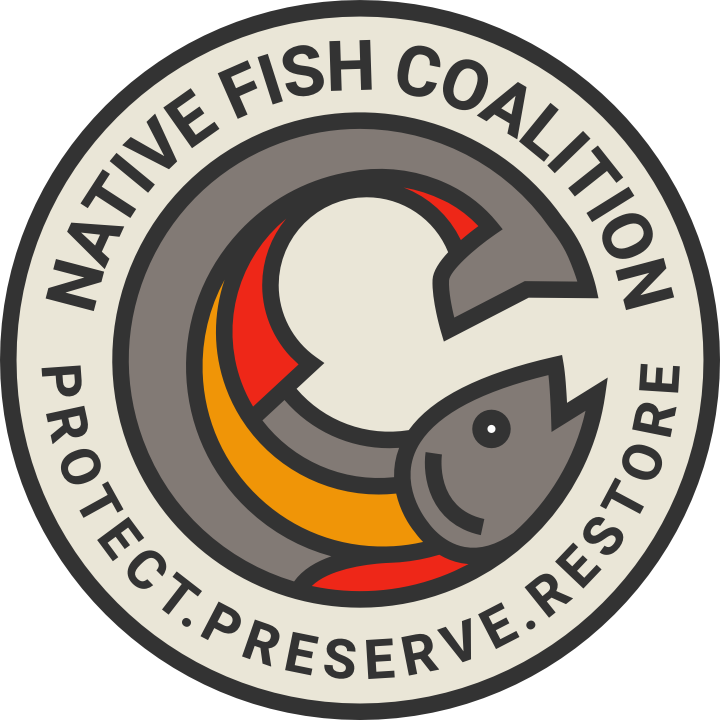NFC Joins New Hampshire Fish and Game on Electrofishing Outing
NFC National Vice Chair Bob Mallard and NH board member Justin Hardesty joined New Hampshire Fish and Game (NH F&G) earlier this fall for a day of electrofishing on a White Mountain stream. Special thanks to biologist Dianne Timmins for inviting us.
What we learned is that in spite of easy access, liberal regulations, and a decent amount of angling pressure, the wild native brook trout continue to persist. The stream in question was stocked up until a couple of years ago and is now being managed for wild trout, figuratively not literally unfortunately.
This is one of the first times NH F&G has suspended stocking on an easy-access, well-known, and popular fishery without changing the regulations. Unlike other waters that have gained Wild Trout Management (WTM) protection after stocking was suspended, this water is not getting such even though it meets, and in fact far exceeds, the inclusion criteria.
The stated goal of NH F&G is to monitor the population to ensure that it does not backslide post stocking suspension. As a general law water — bait, 5-fish, no length limit, it would be fair to assume that angling pressure is having at least some impact on the fishery, so setting the bar at the status quo will not allow the stream to reach its full potential.
“What NFC would like to see is for NH F&G to set the bar a bit higher, and try to take the fishery to the next level by applying stricter regulations as has been done elsewhere.”
What NFC would like to see is for NH F&G to set the bar a bit higher, and try to take the fishery to the next level by applying stricter regulations as has been done elsewhere. Unlike most WTM waters, the stream in question is quite fertile and capable of growing larger brook trout than most streams in the area.
While there is nothing to lose by applying WTM status to the water, there is something to gain — absolute quality, a truly healthy and natural fish population, and the possibility of creating more demand for such in a state that is sadly reliant on and accepting of stocking and nonnative fish.













